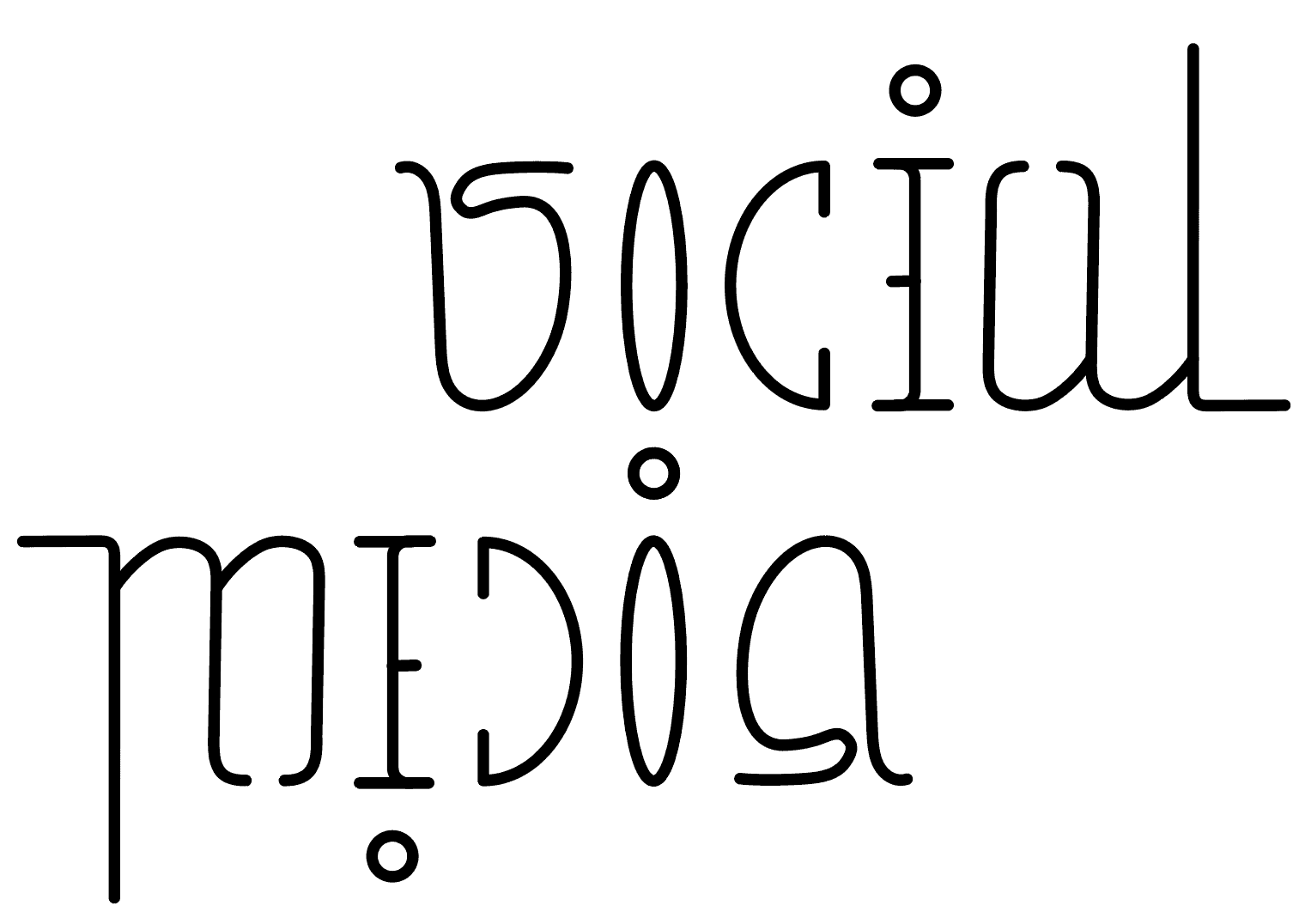One of the important papers in the TPACK sequence is Koehler & Mishra (2005). In this paper we developed and administered a survey to measure the evolution of TPACK as people engaged in a design task. This research complements our previous empirical work (Koehler, Mishra & Yahya, 2007; Koehler, Mishra, Hersheey & Peruski, 2004) and which was more qualitative in nature. An abstract and link to a pdf version of the paper is given below
Koehler, M. J. & Mishra, P. (2005). What happens when teachers design educational technology? The development of Technological Pedagogical Content Knowledge. Journal of Educational Computing Research. 32(2), 131-152. [PDF]
Abstract: We introduce Technological Pedagogical Content Knowledge (TPCK) as a way of representing what teachers need to know about technology, and argue for the role of authentic design-based activities in the development of this knowledge. We report data from a faculty development design seminar in which faculty members worked together with masters students to develop online courses. We developed and administered a survey that assessed the evolution of student- and faculty-participants’ learning and perceptions about the learning environment, theoretical and practical knowledge of technology, course content (the design of online courses), group dynamics, and the growth of TPCK. Analyses focused on observed changes between the beginning and end of the semester. Results indicate that participants perceived that working in design teams to solve authentic problems of practice to be useful, challenging and fun. More importantly, the participants, both as individuals and as a group, appeared to have developed significantly in their knowledge of technology application, as well as in their TPCK. In brief, learning by design appears to be an effective instructional technique to develop deeper understandings of the complex web of relationships between content, pedagogy and technology and the contexts in which they function.


Hello Punya,
Thanks for your comments in my blog. I will write down all what I learned from my study about TPACK. I think there will be quite interesting issues to share based on those findings.
I was looking for the paper which you published in 2005. I am happy that I managed to download from your website for free. Thanks a lot and lets keep in touch
Regards
Ayoub
Hi!
I tried to download it but I get the message “file not found”. Do you think you could give me this paper mentioned above? I am working on my thesis and I would love to get a better insight of the model.
Thanks a lot!
Sebastián
The link has been fixed